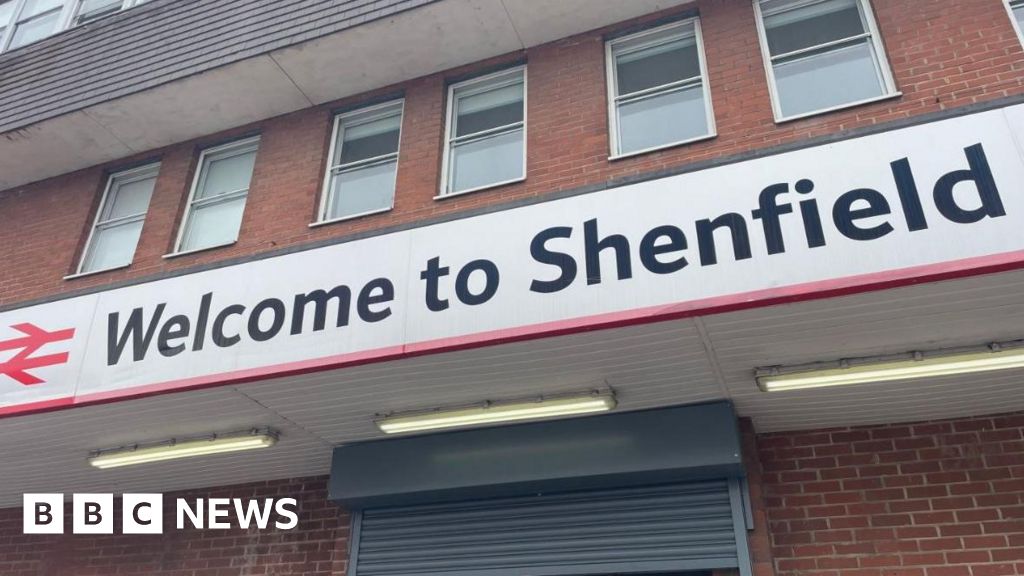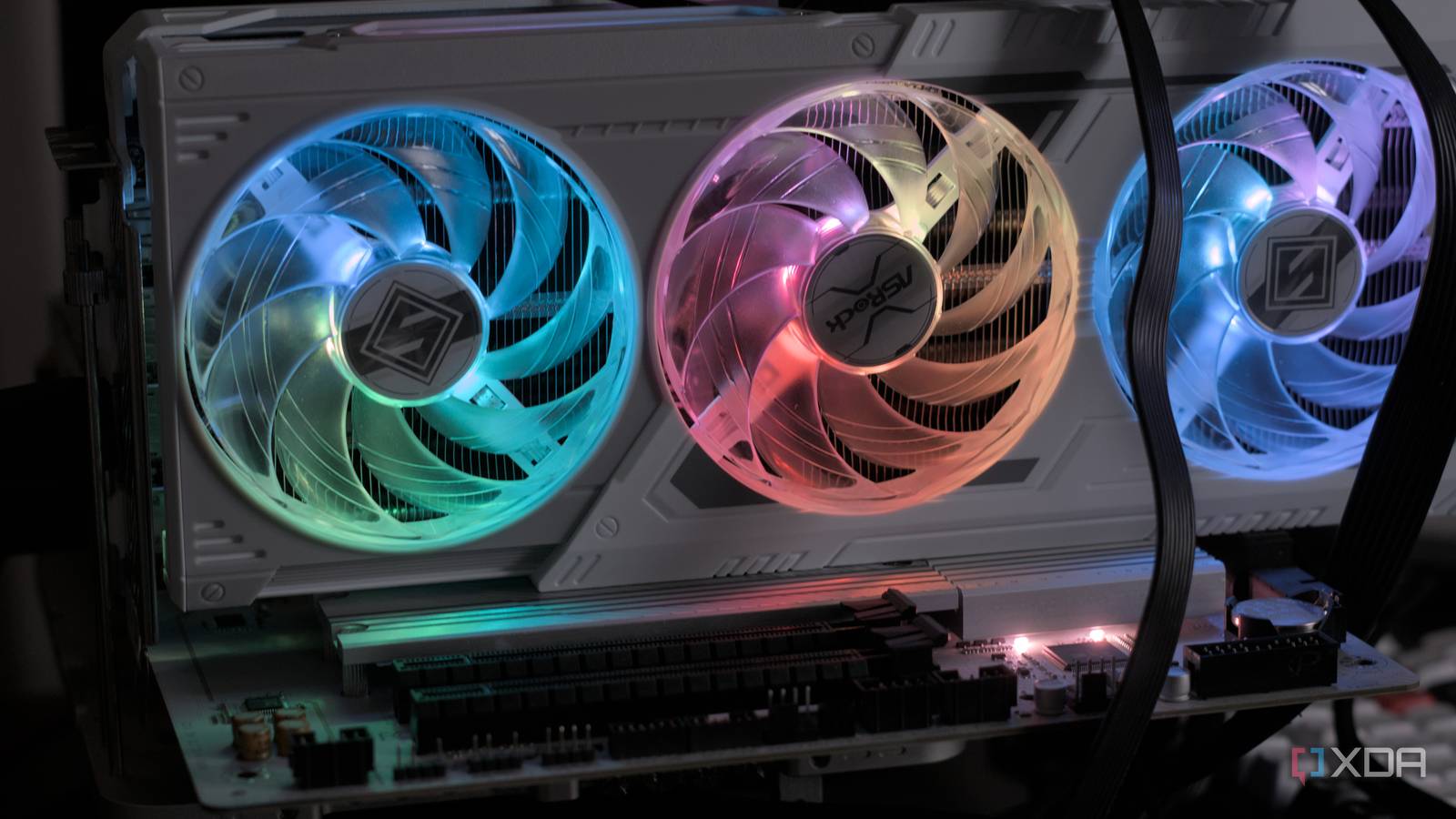The junior Indian hockey team opened its Sultan of Johor Cup 2025 campaign with a 3-2 win over Great Britain at the Taman Daya Hockey Stadium in Johor Bahru, Malaysia, on Saturday.
Captain Rohit (45+’, 52′) and Ravneet Singh (23′) were the…

The junior Indian hockey team opened its Sultan of Johor Cup 2025 campaign with a 3-2 win over Great Britain at the Taman Daya Hockey Stadium in Johor Bahru, Malaysia, on Saturday.
Captain Rohit (45+’, 52′) and Ravneet Singh (23′) were the…

Designer and ex-Spice Girl Victoria Beckham describes herself as someone who “desperately wanted to be liked” in a new three-part documentary about her life.

Researchers from the Netherlands Research School of Astronomy have created a new model that, they believe, explains the extreme jet streams seen on large planets like Jupiter and Saturn.
All four of the giant planets (Jupiter, Saturn,…

Deputy Prime Minister and Foreign Minister Senator Mohammad Ishaq Dar held a telephonic conversation with Egyptian Foreign Minister Dr. Badr Abdelatty on Saturday to discuss the evolving situation in the Middle East, particularly the…

Massive protests by the hardline Islamist group Tehreek-i-Labbaik Pakistan (TLP) escalated into violent clashes across multiple cities on Friday and Saturday, leaving at least 11 people dead and dozens…

Cables have been stripped from an area near a major rail junction causing disruption for weekend passengers, a train operator said.
Greater Anglia said the theft between Shenfield and Brentwood, in Essex, resulted in a “loss of signalling” and the lines being blocked to London Liverpool Street on Saturday morning.
Network Rail and British Transport Police teams were sent to replace the cables in order to reopen the railway, with trains then resuming about lunch time.
A Greater Anglia spokesman said it was “sorry for the disruption” and affected passengers would be able to claim compensation for any delays.
The spokesperson added Saturday travel tickets could now be used on Sunday instead.
It was expected to take up to three hours before the train timetable was back to normal.
Greater Anglia said trains would be delayed, altered and cancelled in order to get crews and vehicles back into the correct places.
Signalling problems were first reported early on Saturday, before Greater Anglia later said the cable has been stolen.
Shenfield is a major junction for many services, including trains using the Great Eastern Main Line.
The blocked lines had prevented trains from running between Shenfield, Romford and London.
Passengers had also been unable to travel as normal on intercity trains between Norwich, Ipswich and London Liverpool Street.
Routes between Clacton-on-Sea, Colchester, Braintree Town and Southend Victoria to Liverpool Street were blocked too.
Passengers from Norwich were told to travel to London via Cambridge instead on GTR trains between Ely and London King’s Cross.
The incident also affected trains on the Elizabeth line between Stratford and Shenfield.
Greater Anglia, which runs trains across the East of England and into London, is to be brought into public ownership on Sunday.

If there’s anything to know about PC enthusiasts, it’s that we love large numbers: high voltage, high clock speeds, and high framerates. GPU overclocking was chief among the tweaks that many users would first turn to in order to squeeze as much

By Gordon Gottsegen
If legacy financial institutions don’t embrace new technology, their competitors may leave them in the dust
New York Stock Exchange parent company Intercontinental Exchange announced a $2 billion investment into prediction-markets platform Polymarket.
This past week, Intercontinental Exchange Inc. (ICE), the parent company of the New York Stock Exchange, announced a $2 billion investment into prediction-markets platform Polymarket. On the same day, S&P Dow Jones Indices (SPGI), the company behind stock-market indexes like the S&P 500 SPX, announced a partnership with fintech company Dinari to create a crypto-focused index.
Although these are two different legacy financial institutions partnering with two different fintech companies, both announcements referenced one thing: tokenization.
Tokenization refers to the creation of a digital identifier for a real-world asset, which allows that asset to trade on a blockchain, like bitcoin (BTCUSD) does. For now, tokenization of the entire stock market is a far-off dream. But that doesn’t mean financial institutions aren’t thinking about it: Companies like Robinhood Markets Inc. (HOOD) and Coinbase Global Inc. (COIN) have both experimented with tokenizing stocks.
But when you think about the New York Stock Exchange, which was started in 1792, and Standard & Poor’s, which traces its history back to 1860, you may not think of two companies that like to move fast and break things.
So why are these two financial-industry behemoths moving in the same direction all of a sudden? The answer is two-fold. Firstly, they see it as an opportunity to bring in new sources of revenue. And secondly, if they don’t innovate, their competitors may leave them in the dust.
Racing to where the puck is going
In its partnership announcement, S&P Dow Jones Indices said that it plans to create the S&P Digital Markets 50. Similar to the S&P 500, the S&P Digital Markets 50 will be a market-tracking index that follows 15 of the largest cryptocurrencies and 35 U.S.-listed companies in the crypto space.
S&P said this new index reflects a growing demand for crypto.
“Cryptocurrencies and the broader digital-asset industry have moved from the margins into a more established role in global markets. Our expanded index suite offers market participants consistent, rules-based tools to evaluate and gain exposure to this segment,” Cameron Drinkwater, chief product and operations officer at S&P Dow Jones Indices, said in the announcement.
That demand is also there for prediction markets. While the crypto industry may have had a head start on prediction markets, companies like Polymarket and Kalshi are growing rapidly – and now processing hundreds of millions, or even billions, of dollars in volume each month.
Also read: Here’s why Wall Street is betting against DraftKings and FanDuel – and going all in on Polymarket and Kalshi
“Polymarket knows where the puck is going,” Joe Saluzzi, head of equity trading at Themis Trading, told MarketWatch. “And where I think they’re going is something called tokenization.”
Saluzzi said that tokenization of all sorts of assets, including stocks, is something that many people in the financial system are talking about. While many are excited about it, he said, there’s also an undercurrent of competition.
In the movie “The Big Short,” there’s a scene where some of the main characters go to the S&P ratings agency and ask about how bonds get their AAA rating. When the woman at the agency reveals that all mortgage-backed bonds get AAA ratings, she blurts out that if she doesn’t give the banks the ratings they want, they’ll take their business elsewhere.
Although the movie is a Hollywood dramatization of what actually happened during the 2008 financial crisis, Saluzzi made an analogy to this scene and said it may be how financial institutions are now thinking. If they don’t move quickly to embrace crypto, tokenization and prediction markets, then their competitors will.
Financial incentives
Financial institutions don’t adopt new technology merely for the sake of innovation. They do it when there’s a business incentive.
For example, retail brokerage Robinhood makes money when its customers place trades. That tends to happen more when markets are up, noted Paul Rowady, director of research at Alphacution Research Conservatory, who tracks investor and market flows.
“When the market goes down, like it did in 2022, the client equity of Robinhood goes down in correlation with that. And I think that that’s true of all these guys,” Rowady told MarketWatch.
So what does Robinhood do to keep its customers active when market conditions aren’t favorable? They expand into new product verticals, like prediction markets.
“If the market goes down, the exchanges and Robinhood want their user base to be able to gamble on sports,” Rowady said. Getting into prediction markets is a way for these financial companies to hedge by diversifying their businesses.
Robinhood makes money on transaction-based revenue. For stock exchanges like Intercontinental Exchange, they make money providing financial data to institutional clients; that includes selling things like prop data, colocation fees and access to high-speed data ports.
As markets grow and see more volume, they also create more data. Prediction markets are still dwarfed by the stock market, but they’re growing rapidly. Thomas Peterffy, the founder and chair of Interactive Brokers Group Inc. (IBKR), said that he believes prediction markets will be larger than the stock market within the next 15 years. If that happens, stock exchanges may want to hedge their bets by looking into new markets.
Read: After a big 2024 election, why prediction markets could soon eclipse the stock market
But when S&P creates an index, the business incentive may be a little more simple.
“Create an index. Get paid,” Saluzzi said. “Somebody licenses it out, you can create an ETF based on your index, and the index companies just collect the toll.”
Saluzzi noted that it always comes back to financial institutions making sure they get paid. These are businesses, and they have to make money in order to continue operating. That doesn’t mean there’s some sort of malicious intent; crypto and prediction markets have grown organically based on retail-investor demand.
“In the end, it’s giving the people what they want. The retail [investors are] demanding this,” Saluzzi said.
When centuries-old financial institutions start moving quickly, it’s a sign that the demand is there.
-Gordon Gottsegen
This content was created by MarketWatch, which is operated by Dow Jones & Co. MarketWatch is published independently from Dow Jones Newswires and The Wall Street Journal.
(END) Dow Jones Newswires
10-11-25 0700ET
Copyright (c) 2025 Dow Jones & Company, Inc.

For over two decades, Gisele Bündchen has been deeply committed to environmental advocacy. She has worked closely for many years with the United Nations Environment Programme, helping lead UNEP’s awareness campaigns….

For more than a decade Shouk offered an Israeli-inspired, plant-based and kosher menu in and around Washington. Last week the chain was forced to close the last of five locations and lay off the last of 30 staff. It said the war in Gaza had made…